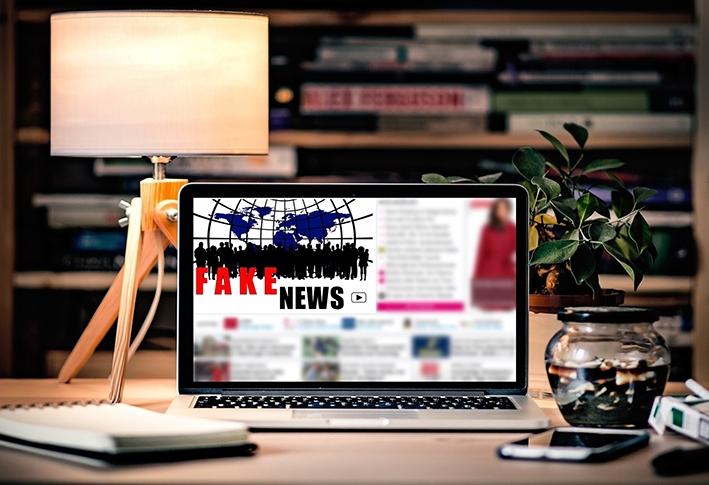IN recent months “Fake News” on social media has caused quite a stir surrounding Brexit, the American Election and various other worldwide events, it isn’t altogether new though, is it?
At least not in the British tabloids nor is it new on the social platforms. Think back to the 80s and 90s – how many times did you hear of papers being sued, having to print retractions? How many celebrity deaths have been reported via Twitter that were false? Unscrupulous usage of media is not new and with the huge popularity of social platforms like Facebook, Twitter and LinkedIn it was only a matter of time before unscrupulous people turned their attention to this new way of swaying the general public by feeding them half-truths and outright lies.
I remember being a pre-teen (yes, my memory goes back that far, just – cheeky!) living in the Welsh valleys in the midst of the 80s coal miners strike and reading sensationalised news in the daily tabloids. Talk in the playground was all about the strikes, the unions and of course Maggie. Whilst a little young to understand everything fully, something did stick with me (other than the ringing in my ears when I asked my mother what a scab was); an older girl’s scathing reply to another pupil commenting on an exaggerated piece in one of the daily rags: “Oh well if it’s in the paper then it must be true!”
Even then, sarcasm was not a new concept, I deduced from this exchange that not everything written is necessarily true.
Surely, we all know not to believe everything we read, don’t we? Are we, as social media users really that gullible? Is it up to the social platforms to start policing their sites to ensure that fake news doesn’t get into our news feeds? Or do we each need to take accountability for our own gullibility? Or here is a refreshing idea, how about we hold the perpetrators accountable? Just an idea.
Let’s say policing fake news should fall onto the shoulders of the media platform. After all, some responsibility must lay there, right? Who is going to judge what appears on our timelines? What parameters will be used? Will exaggerated statements from your Aunt Julie on how wonderful last night’s dinner was, be banned along with political over-promises? And if you share an innocent looking article from your favourite blogger that doesn’t have 100 per cent of the facts straight (perhaps that coverall makeup only matches your skin tone up to 93.6 per cent rather than the 94 per cent) will that make your content also less likely to appear to your own connections? Just because you shared it? Sounds a little farfetched but these appear to be some of the plans Facebook are looking at to reduce Fake News.


